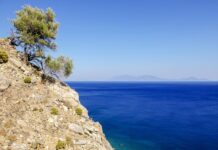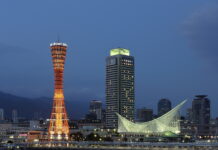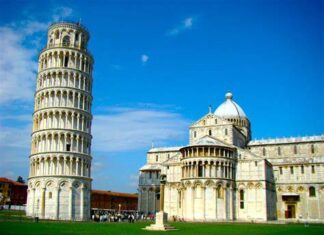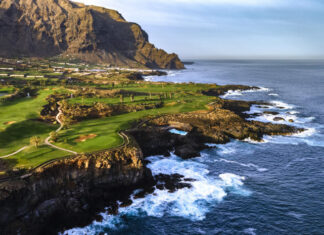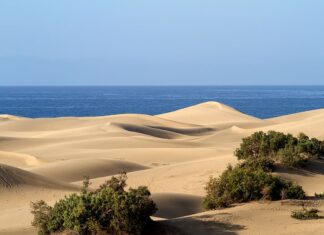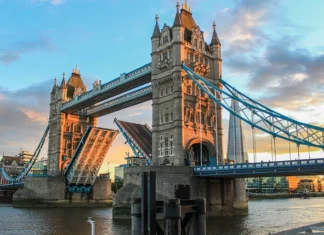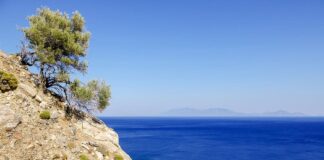Famed for its ancient sites, stunning landscapes, and warm hospitality, Crete, Greece's largest island, is a veritable paradise. This guide delves into Crete's culinary delights, vibrant culture, valuable travel tips, engaging facts, and must-visit locales.
Food
In Crete, sharing food is a vital component of local culture, with traditional dishes boasting vibrant flavors and fresh, local produce.
Dakos
This traditional dish, Cretan rusk, consists of a slice of dried bread topped with chopped tomatoes, mizithra cheese, and a generous drizzle of Cretan olive oil.

Cretan Cheeses
Cheese production is an age-old tradition in Crete. Try local varieties like graviera, a hard cheese with a slightly sweet taste, and mizithra, a soft, creamy cheese.
Raki
Raki, or tsikoudia, is a strong, distilled spirit considered Crete's national drink. It's often served as a digestive after meals.
Culture
Crete is steeped in rich history and traditions that are still very much alive today.
Music and Dance
Cretan music and dance are central to the island's cultural life. The lyrical sounds of the Cretan lyra and laouto are the backbone of local music, while traditional dances like the Pentozali embody Cretan zest.

Traditional Art
Look out for local artisans crafting traditional products, from pottery and weaving to making Cretan knives, which are considered a symbol of Crete.
Travel Tips
Crete is a large and diverse island. Here are some tips to help you make the most of your visit.
Best Time to Visit
Spring (April to June) and autumn (September and October) are the best times to visit Crete, offering mild weather and fewer crowds.
Getting Around
While buses connect larger towns, renting a car is the best way to explore the island at your own pace.
Currency
Greece uses the Euro (€). Credit cards are widely accepted, but carrying cash for smaller establishments and remote areas is recommended.
Interesting Facts
Here are some lesser-known facts about Crete to enhance your understanding of this enchanting island.
Birthplace of Zeus
According to Greek mythology, Crete is the birthplace of Zeus, the king of the gods.
The Island of Olive Trees
Crete has more olive trees than any other Greek island, with some believed to be over 1,000 years old.
Top Places
Crete offers a wealth of attractions for all types of travelers.
Palace of Knossos
Crete was the center of the Minoan civilization, and the Palace of Knossos is its most significant archaeological site, offering a glimpse into Europe's earliest recorded culture.
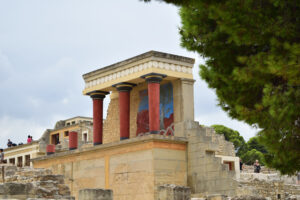
Samaria Gorge
The Samaria Gorge is a hiker's paradise. This 16 km trail takes you through diverse landscapes and ends at the Libyan Sea.
Chania Old Town
Explore the charming Old Town of Chania, with its Venetian harbor, lighthouse, and narrow streets lined with shops, cafes, and restaurants.
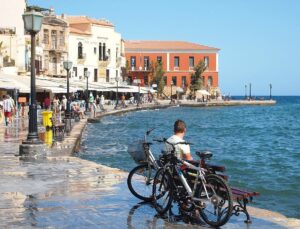
Elafonisi Beach
Renowned for its pink sand, Elafonisi Beach is a must-visit for sun-seekers and nature lovers.
Heraklion Archaeological Museum
The Heraklion Archaeological Museum houses the world's most extensive collection of Minoan artifacts, providing an in-depth look at Crete's ancient history.
Exploring Crete offers a glimpse into a land where ancient culture and modern life coexist against a backdrop of stunning natural beauty. With its mouth-watering cuisine, vibrant culture, handy travel tips, intriguing facts, and awe-inspiring sites, Crete promises an unforgettable journey steeped in history, natural beauty, and warm hospitality.


